Frequently
Asked Questions
Here you can find some of our most frequently asked questions!
Although both semester programs are run at the same time and participate together in the five week “Block 1,” these two programs are separate and distinct. In the Field Program, students and faculty travel and work together for two weeks after Block I. During the last several weeks of the program, students live and work independently. When not on the road or living together in field stations, the students live in individual home-stays.
In the Social Justice and Development Internship Program, after the first five weeks, each student engages in a separate and independent eight-week internship in Costa Rica. In all countries, students live with local home-stay families.
In both programs, intensive Spanish training is part of the curriculum and the use of the language is constantly emphasized.
Spanish students are able to do volunteer work in the metropolitan area provided that they have sufficient Spanish upon arrival and that they are planning on participating for a minimum of one month. Students who choose this option are unable to attend the scheduled activities on the days when they work, but they will surely find the experience just as rewarding! Students who do not choose this option will have the opportunity to do one group community service activity per week (regardless of their Spanish level) as a part of the normal schedule of activities.
Most students simply register online, then send in their deposit. Then we must receive your registration form and deposit. Once these are received, your enrollment is confirmed. At least two weeks before the program begins, you must share your flight itineraries with us. We will share your host family placement and other important arrival details at that time.
Two weeks before your arrival, we will have completed all the homestay placements (pending receipt of the deposit and family preferences), and we will email you with your host family information. Should you have any questions, reach out to your ICADS program coordinator, and we will be happy to give you more information about your future Costa Rican family.
The main staple in Costa Rica is rice and beans. If you are vegetarian or vegan, it is usually pretty easy to adapt a Costa Rican diet to your needs. Most of our families are accustomed to cooking vegetarian food for students, and we will be sure to place students with families that have experience working with students who have specific dietary needs. If you have any other specific needs, please let us know. ICADS has over 65 homestay families, thus finding a family compatible with any student’s needs is not difficult. Our homestay coordinator is a psychologist who makes magical placements and handles any problems along the way!
Many travelers assume they will be covered for illnesses and injuries while abroad. The truth is, your domestic coverage may not travel with you. Emergency medical evacuation, repatriation and 24 hour emergency assistance services are typically not part of a domestic insurance policy. While we are all hopeful the unexpected will not happen to you, we want you to be fully protected from the unexpected.
Emergency Medical Evacuation, Repatriation and 24 hour Emergency Assistance Services (for help with medical and legal issues via a collect call from anywhere) are highly recommended for all ICADS participants. The average cost for air evacuation runs around $8,000 (and in some situations can run up as high as $50,000). It will be your responsibility to pay for it on the spot, unless you can show proof of insurance or flash your platinum Visa. So, we recommend that you have either this type of insurance, the money on hand or the Visa.
In addition to emergency medical evacuation, repatriation and 24 hour emergency assistance services coverage, we also recommend you consider supplemental medical insurance to “supplement” your domestic medical insurance. High quality “comprehensive” travel insurance protection is available for reasonable rates from a number of companies. If you have travel insurance while studying at ICADS, please make sure to provide ICADS with a copy of your policy as well as the collect call phone number for your 24-hour international emergency assistance provider. Check with your insurance provider to find out what options they offer.
You can absolutely receive letters at ICADS. Our PO Box is APDO 300-2050, San Pedro, San José, Costa Rica. Please note that letters can take around 2 weeks or more to arrive from the US. Also, things are sometimes lost in the mail, so we recommend not sending anything of value. As a reminder, deposit checks should be sent to P.O. Box 25331, SJO-826, Miami, FL 33102-5331
We strongly discourage sending any packages through the mail. Most packages are held and detained at customs, and to get them you need to go to the customs office and pay an import tax based on the value of the item. ICADS is not responsible for any costs associated with packages that are held at customs.
It depends on each student because everyone’s expenses are different. Do take into account that students are supposed to buy their lunch every day (students typically go to a nearby supermarket and buy food for several days). The amount also varies if you are planning to go to explore on weekends (going to the beach, etc.)
The following is a list of some things and their approximate costs, to help you begin to estimate your budget:
- Lunch $8 – 12
- Bus Fare to Central San Jose from ICADS $1.00 or less, Taxi to Central San Jose from ICADS $5 – 10
- One Way Bus Ticket to the Beach $7 – 15
- Hostel $12 – 24/night
- Hotel $20 and up
- Drink $2 – 5
However, if you want an approximate amount, $300-$500 would be a good number.
